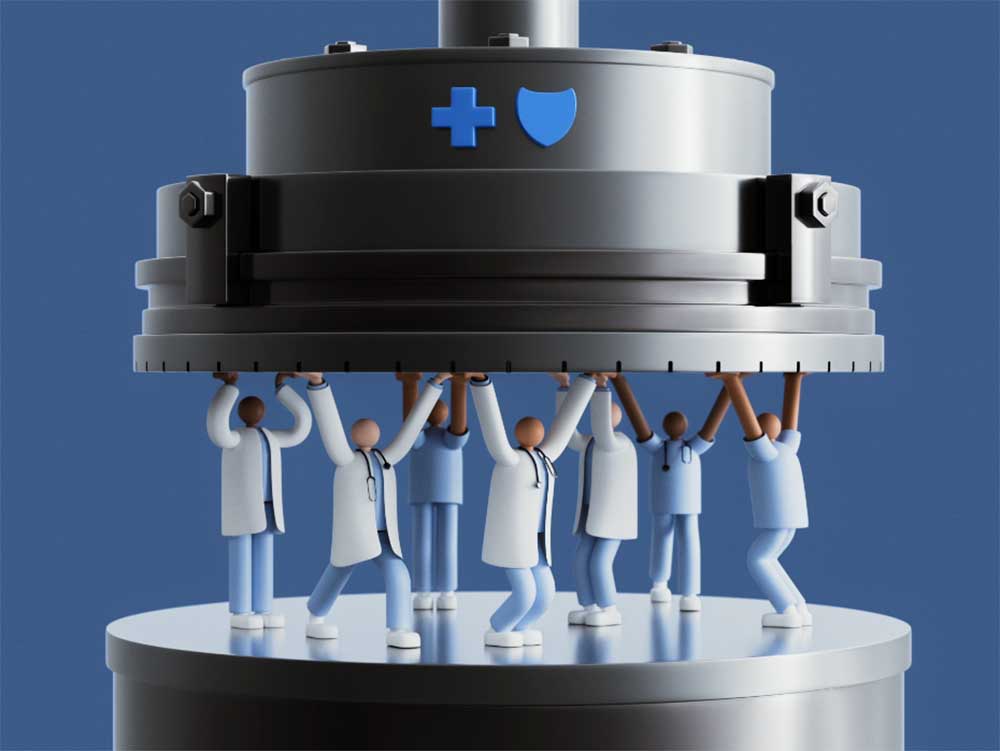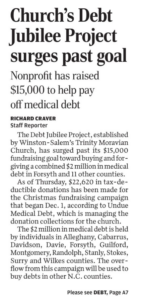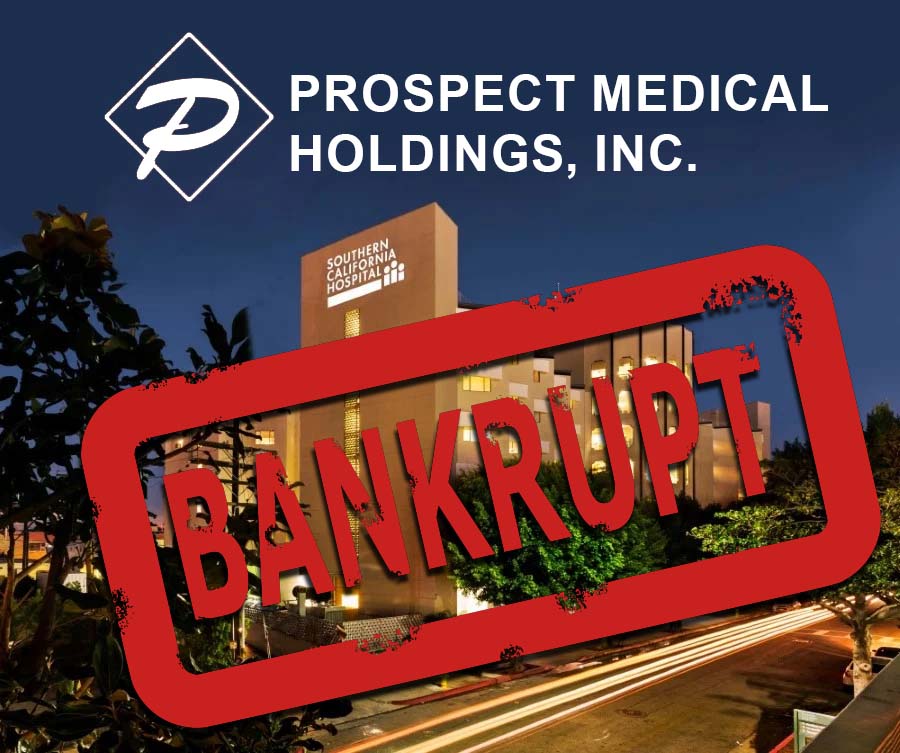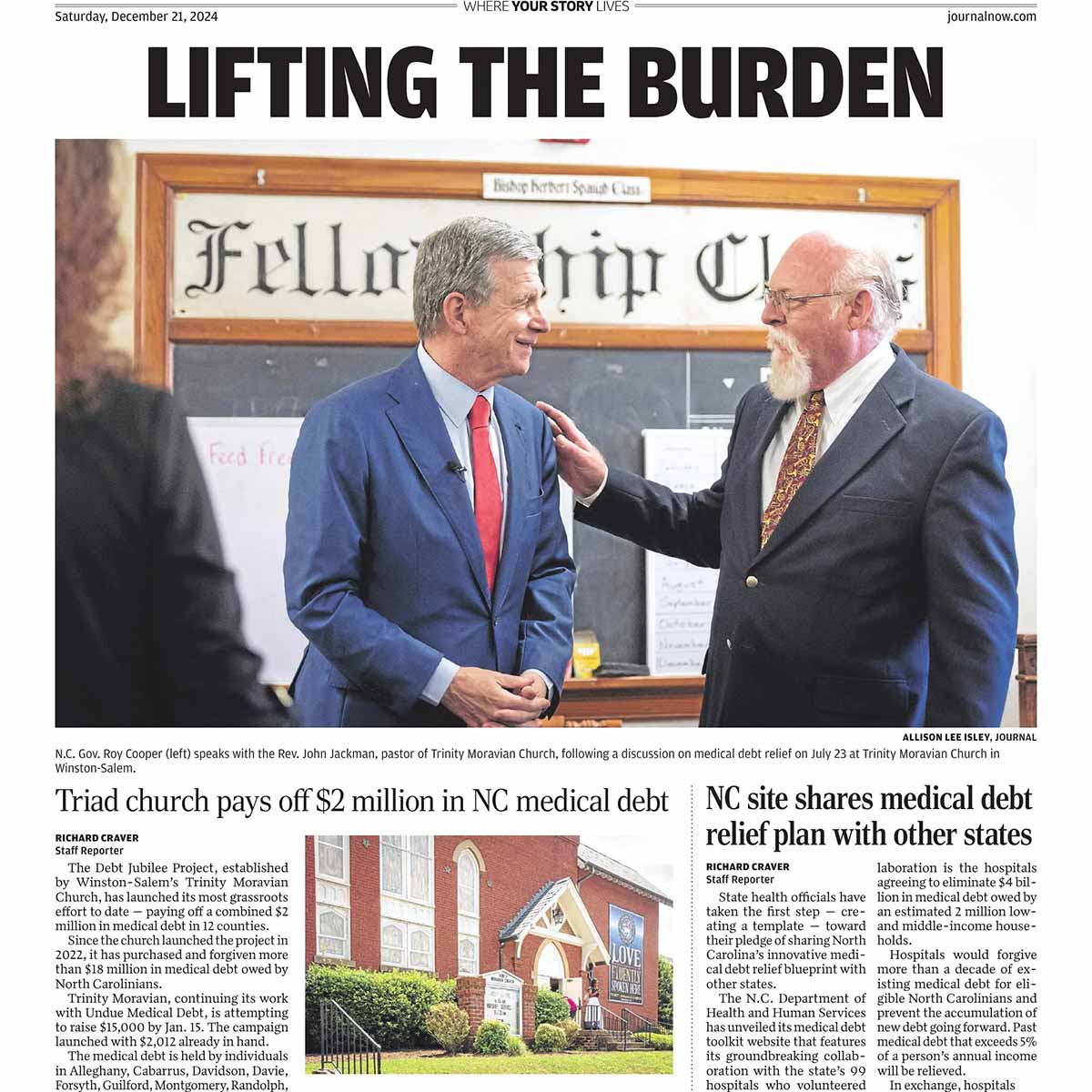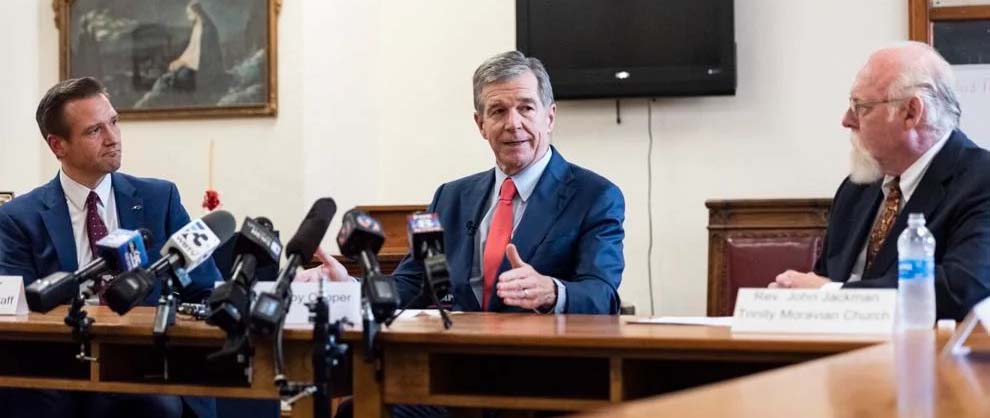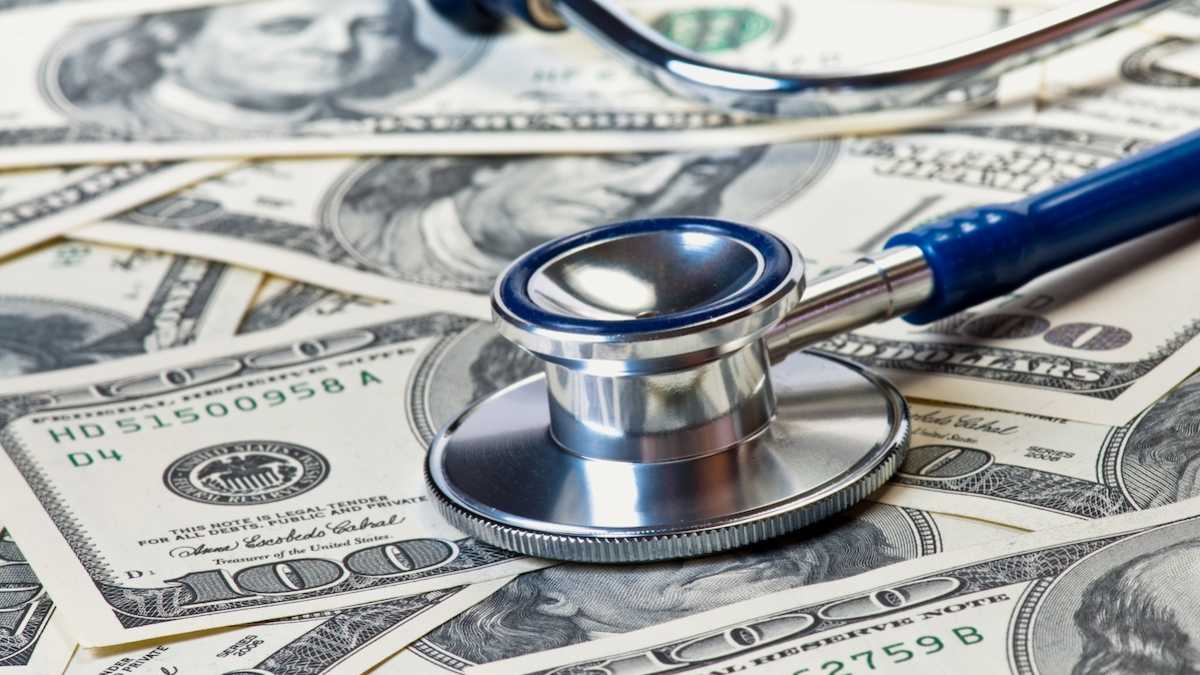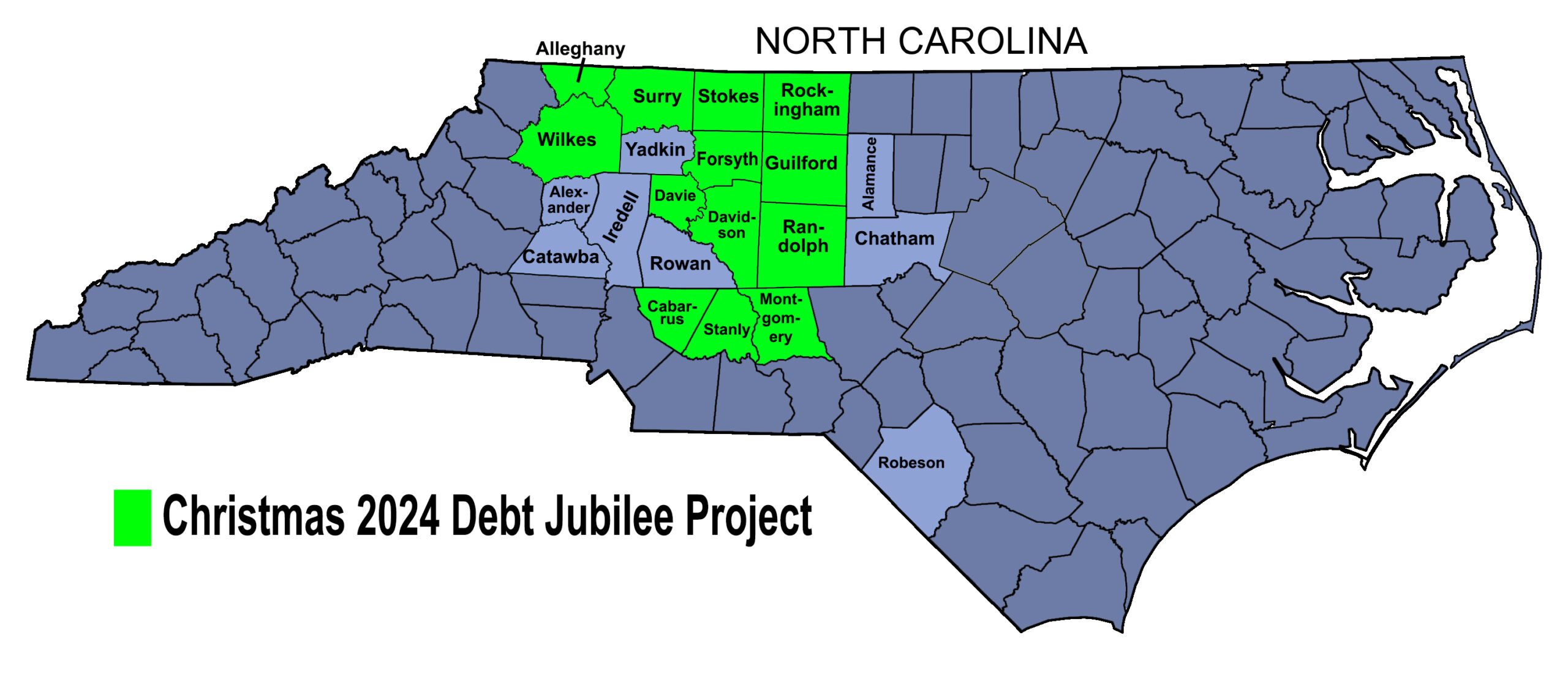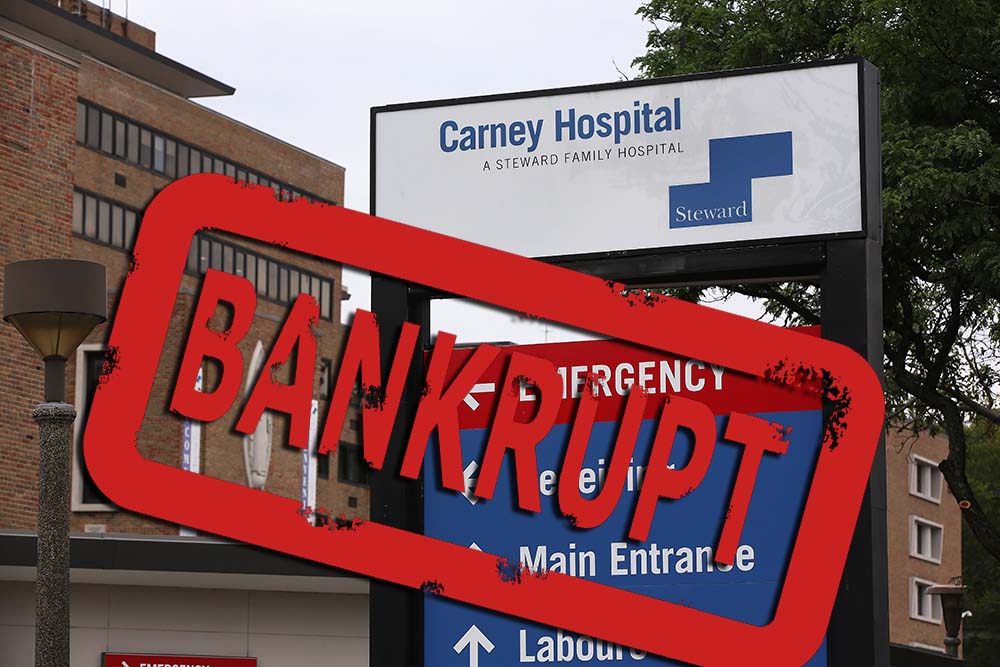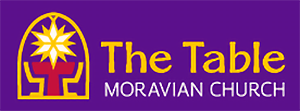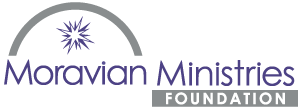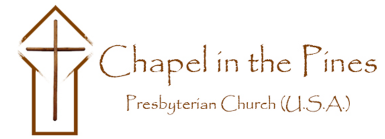Blue Cross authorized mastectomies and breast reconstructions for women with cancer but refused to pay the full doctors’ bills. A jury called it fraud and awarded the practice $421 million.
Read the full article on ProPublica:
“Slow Pay, Low Pay or No Pay”
Quick Summary:
-
Blue Cross Green-lighted, then underpaid: Blue Cross Blue Shield of Louisiana (“BCBSLA”) approved over 7,800 mastectomies and breast reconstruction surgeries—but paid just 9% of the billed charges for them, averaging roughly $43 million on $500 million billed.
-
Jury verdict: In September 2024, a Louisiana jury found BCBSLA committed fraud by authorizing procedures without ever intending full payment. They awarded the Center for Restorative Breast Surgery and St. Charles Surgical Hospital $421.5 million .
-
Insurance tactics:
-
BCBSLA maintained that prior authorization didn’t guarantee payment and often bundled payments without provider agreement .
-
They flagged the center on “Targeted” and “Blocked” provider lists, which triggered deeper scrutiny and payment cuts.
- Thousands of pre-authorized claims were never paid at all.
- BCBSLA received a “kickback” reward from other BCBS when it paid less for out-of-state patients..
-
Notably, BCBSLA signed one-off deals to fully cover treatment specifically for the wives of their own executives — highlighting inconsistent practices .
-


